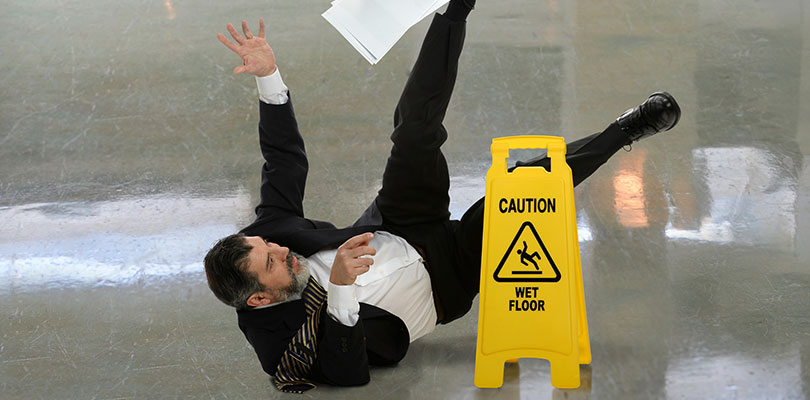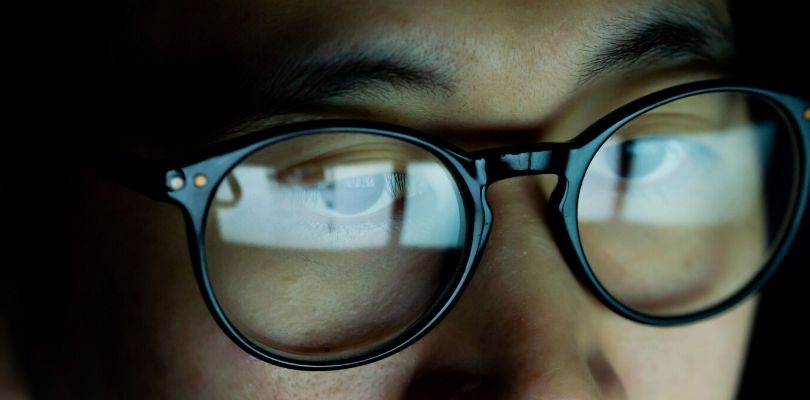What Does OCD Mean?
The acronym, OCD, has slipped into everyday conversation, but a lot of people are not using it correctly. Many people experience obsession or compulsion at some point in their lives, but it is not indicative of OCD if you can still function in daily life. You need to be properly diagnosed by a professional in order to say you have OCD. What does OCD mean? We take a look at the definition, as well as OCD examples, its causes, treatments and types.
What Is OCD?
Obsessive Compulsive Disorder, or OCD, is a mental health disorder that affects 2% to 3% of people in their lifetime. A person with OCD experiences unwanted obsessions or impulses that cause anxiety or discomfort.
As a means to combat the anxiety, a person will engage in repetitive behaviours or compulsions that are often carried out in a specific way. It’s categorized as OCD when the cycle of obsessive or compulsive behaviour interferes with everyday life by taking up a lot of time and hindering the person’s ability to do activities they value.
Who Does OCD Affect?
OCD can begin early, starting between ages seven and 12. Approximately half of adults who have OCD say their symptoms begin in childhood. Younger children often have no idea that their obsessions seem odd to others. In childhood, OCD is more common in boys than girls, but in adulthood, women are slightly more affected by OCD than men.
Common Obsessions
Obsessions are unwanted thoughts, images, or urges that generate feelings of distress that seem out of control. Some common obsessions include:
- Contamination: the fear of coming into contact with things like dirt, environmental contaminants, germs, illness and chemicals
- Loss of control: the fear of being responsible for something terrible happening, such as harm due to carelessness
- Symmetry and exactness: the need to have things ordered a certain way according to attributes like color or size, or objects are placed facing a certain direction
- A need for perfection: when things have to be just so, for example, not moving on to a new task until the current one is completed flawlessly
- Unwanted sexual thoughts: having forbidden or perverse sexual thoughts
- Religious obsessions: Constant concern with blasphemy, offending God, or excessive concern with right or wrong
Common Compulsions
In an attempt to decrease distress or try to get rid of obsessions, some people engage in compulsions to relieve anxiety. Compulsions can include:
- Washing and cleaning. There may be excessive cleaning with hands or grooming and various rituals with washing that has a specific order and rules.
- Checking. Physically checking things like doors, locks and purses to make sure everything is safe or calling people to make sure they are safe.
- Counting, tapping, touching, rubbing. This is a physical ritual that may be tied to lucky or unlucky numbers.
- Repeating. This is when the person engages in lots of do-overs such as rereading, rewriting, repeating routine activities, repeating body movements, or repeating activities in multiples.
- Creating order. This is arranging items in a specific way that helps reduce distress.
- Mental rituals. These are compulsions that cannot be seen. They’re rituals done inside the head, like counting while performing a task to end on a “good”, “right”, or “safe” number.
Mononucleosis is a viral infection that is common in young adults and is often spread through intimacy. Here are eight of the symptoms you need to know.
Causes of OCD
Causes of OCD are not fully understood and any causes of OCD are purely speculative at this point, as there is not sufficient research to back it up. It is thought that OCD is the result of several factors that trigger the development of the disorder. Potential causes of OCD include:
- Genetic and hereditary factors
- Compulsions classified as learned behaviors which become habit when the brain associates the compulsion with anxiety relief
- Abnormalities in the brain
- Distorted beliefs that reinforce symptoms
- Stressful life events
- Hormonal changes
- Personality traits
Symptoms of OCD
OCD affects people of all ages. With OCD, symptoms can change over time by perhaps swapping one compulsion for another. Symptoms and signs can include:
- Taking responsibility for accidents, worrying about things that are out of anyone’s control, putting additional weight on single moments that they assume will ruin their future and other thoughts
- Experiencing a stomach-ache, headache, light-headedness, racing heart, shortness of breath, muscle tension, or feeling detached from one’s body
- Feelings of anxiety, fear, sadness, anger, shame and guilt
- Feeling the need to purchase extra cleaning supplies, compulsively wash their hands, repeat certain phrases in multiples of two or four, doubt that something has been done correctly, or avoid high-touch objects like door handles
Treatments of OCD
Since a cause has not been determined, physicians rely on several treatment programs with OCD and prescribed treatment will vary between individuals. OCD treatments may include:
- Cognitive behavioural therapy (CBT). This uses education to promote control over symptoms. The goal of this treatment is to change patterns of thinking, beliefs and behaviours that may trigger anxiety and OCD symptoms.
- Anxiety management techniques. This includes things like relaxation training, slow breathing techniques, mindfulness meditation and hyperventilation control. This type of treatment requires regular practice in order to make an impact. It’s most effective if used with a CBT treatment program.
- Support groups and education. This can help those with OCD by giving them the support they need from others who have experience with OCD. A perk of these groups is that they give an opportunity to learn more about the disorder.
- Medications. This needs to be prescribed by a physician. Antidepressants affect the serotonin system which has been shown to reduce the symptoms of OCD.
How OCD Affects People
OCD interrupts daily life in a variety of ways, namely the fact that individuals are ruled by their obsessions or compulsions. Family members may be aware of the person’s rituals and it may cause distress and disruption to everyone within the social circle. OCD can eat up many hours of a person’s day and may interfere with work, school and relationships.
While you may feel obsessed about something, it does not mean you have OCD. When an obsession or compulsion interferes with your daily activities and causes you distress, reach out to your inner circle for support and contact your doctor for their professional opinion.







